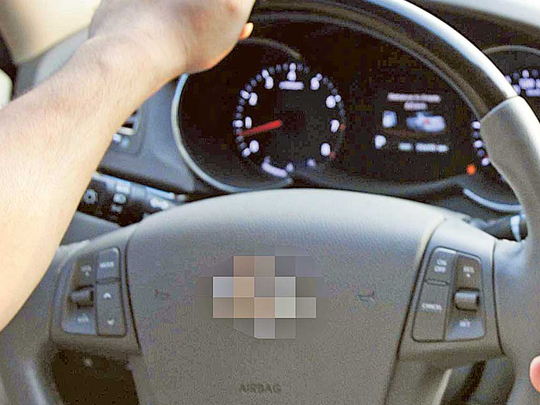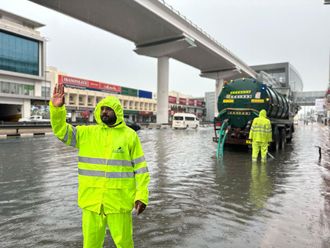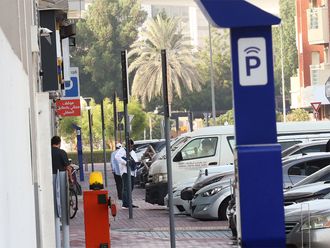
Dubai: Motorists have been urged to be extra cautious while driving in Ramadan, especially before iftar, when people are in a hurry to reach home.
With Ramadan falling once again during peak summer, chances of exhaustion and dehydration are higher, which could adversely impact driving.
“The Ramadan-specific lifestyle has physical effects on our body — especially this year, when Ramadan starts in June, coinciding once again with the hot summer weather. Fasting can result in dehydration and low blood sugar which, in turn, can affect our attentiveness, concentration, vision and reaction,” said Thomas Edelman, CEO and Founder of roadsafetyuae.com.
In addition to fasting, he added that the often unusual and irregular meal timings and sleep patterns can cause fatigue, exhaustion, impatience and distraction.
“Just before sunset is a problematic time to be on the roads, because motorists tend to rush towards their iftar appointments. This pre-iftar rush hour is a mix of psychological urges and physical needs and motorists might use this as an excuse to misbehave on the roads. Hence, all traffic participants [motorists, pedestrians, motorcycle riders, bicyclists, etc] must be extra careful around this time,” he said.
The Roads and Transport Authority (RTA) has cautioned motorists against the risks of driving when feeling exhausted or drowsy, particularly while fasting, when the concentration level drops.
RTA, in a statement, said that the noble values of the month of Ramadan should have a positive impact on the attitudes of individuals, and this should also reflect on driving.
“People should be extra careful about following the traffic rules and make sure to avoid encroaching on the rights of road users,” an RTA official said.
According to RTA, the difference between the sleeping and working times during Ramadan impact the concentration of fasting motorists.
People are mostly tired when they are heading back home and if they are fasting the concentration levels dip, affecting the ability of the driver to take a proper decision at the proper time, the official said.
He urged motorists to be more cautious and attentive when heading back home from work.
The authority is using social media networks among the core channels for communicating with the public to create awareness.
RTA has called on drivers to take sufficient rest before driving, urging drivers to pull over their vehicles to a safe place if they feel exhausted or drowsy.
A short rest will help the driver complete the trip safely, the official said.
When the time for iftar comes, RTA urged that rather than speeding home, motorists should pull over at a safe place and take a light breakfast.
“It is handy to keep a bottle of water and a few dates in the car,” he said.
Tips and precautions for Ramadan:
Plan your daily schedule to sleep well, exercise regularly and eat your meals at a consistent time.
If you feel sleepy before driving, take a nap for 15 minutes.
If you feel sleepy while driving, pull over immediately and take a short nap.
Be more courteous and patient with other road users.
Give yourself plenty of extra time to arrive at your destination on time.
Always adjust your speed to the road and weather conditions.
Be extra alert on the road, especially before iftar.
Approach traffic signals carefully at iftar time — even when the light is green — and don’t jump red lights.
Anticipate sudden movements by others, including cyclists, motorcyclists and pedestrians.
Expect the unexpected, drive defensively.
Watch out for other fatigued drivers and their actions.
See and be seen. Before you head out on the road at night, ensure that your headlights, taillights, and signal lights are clean and working properly.
Make use of alternative options. If you are feeling fatigued, use taxis or buses or even join a car pool.
Observe all traffic signs, rules, and regulations. Sudden swerving and lane cutting should not be done.











